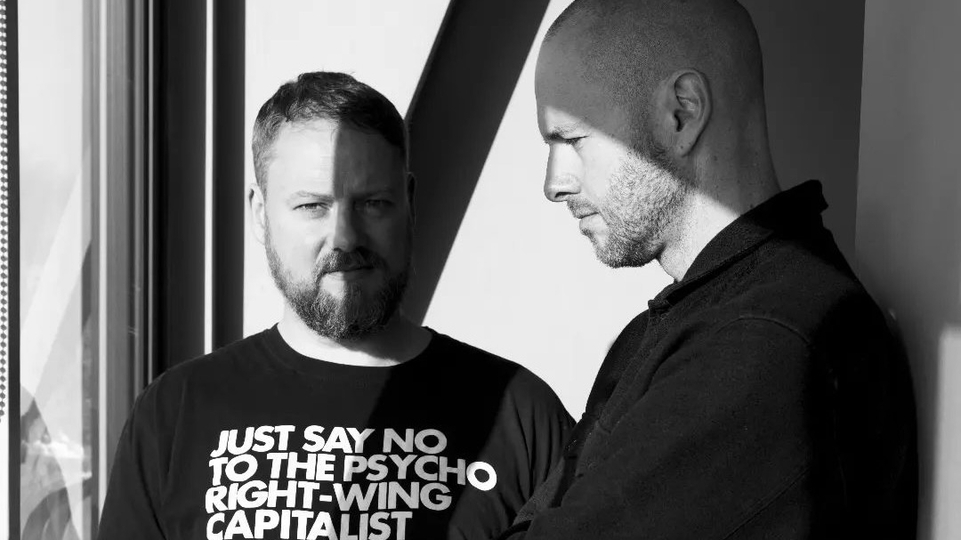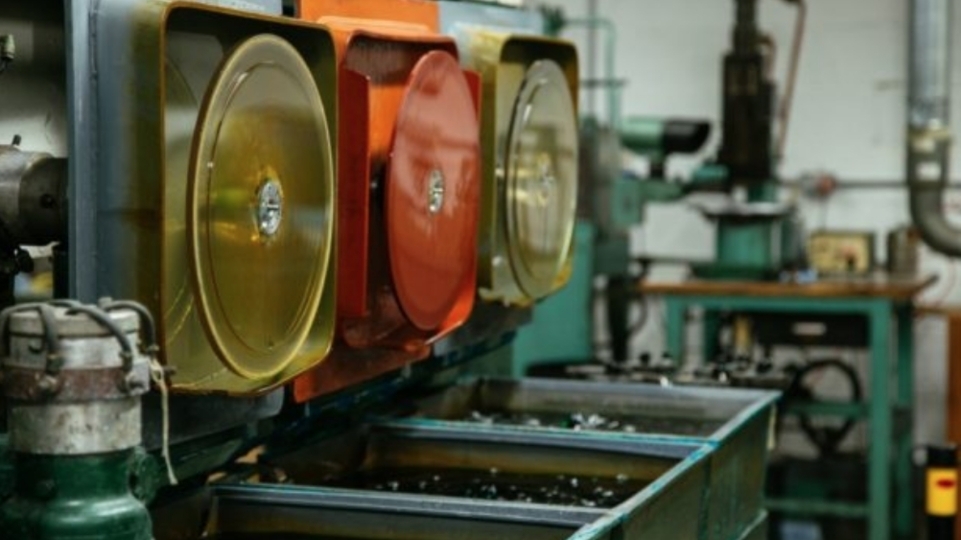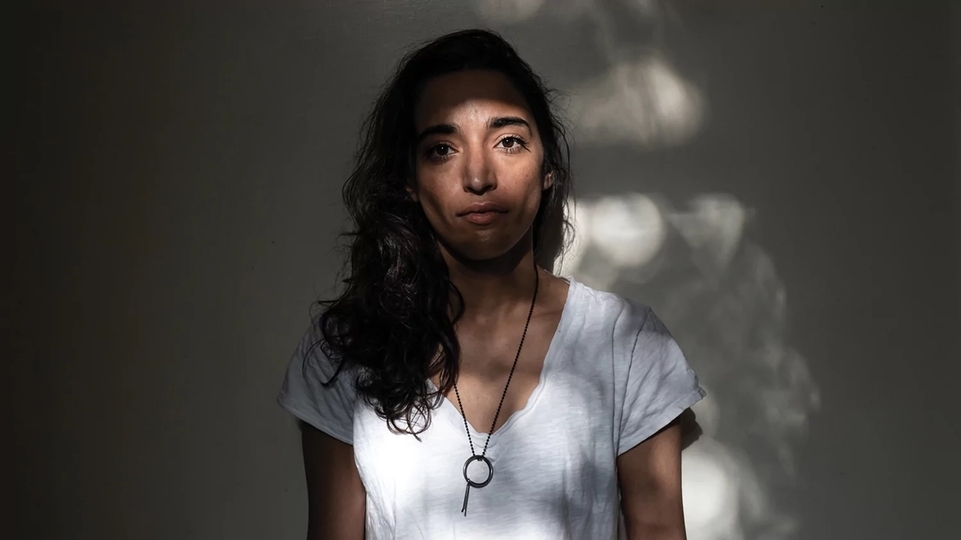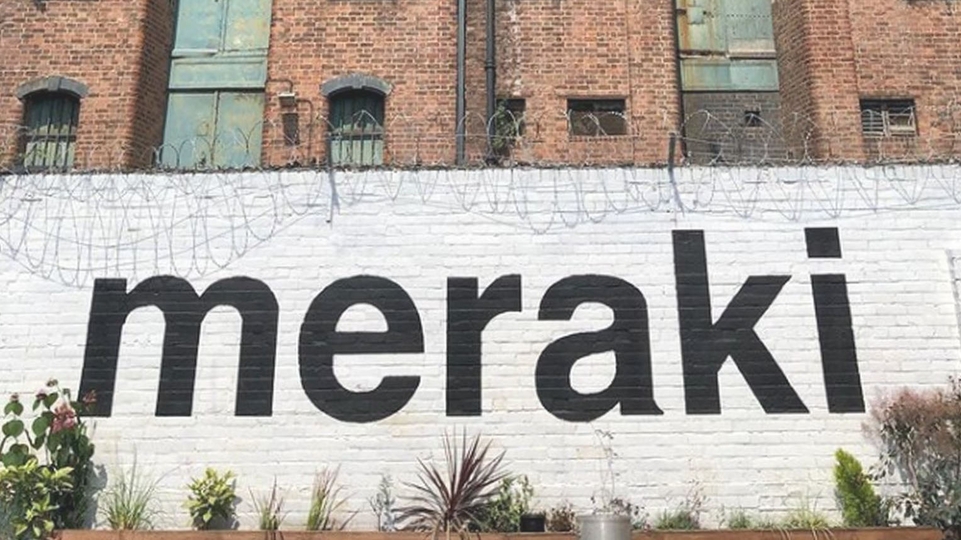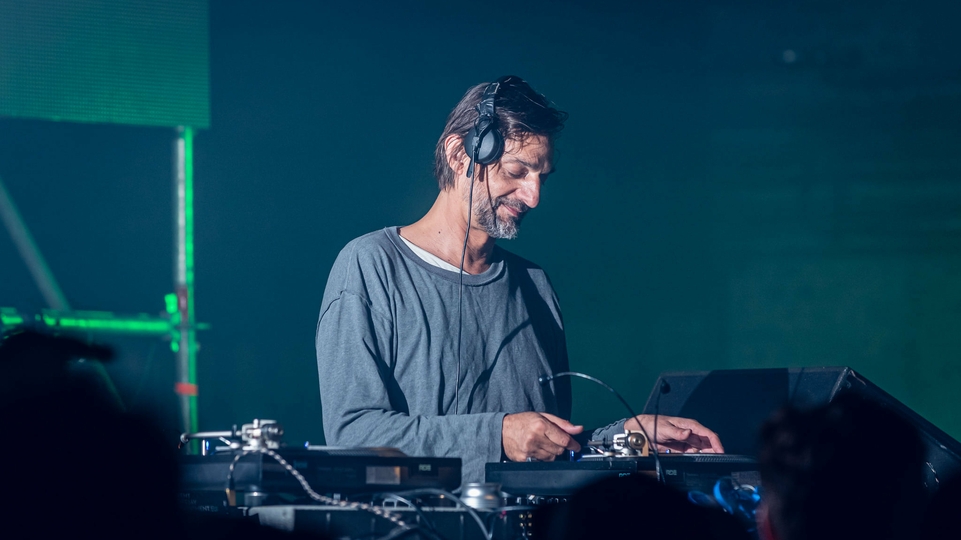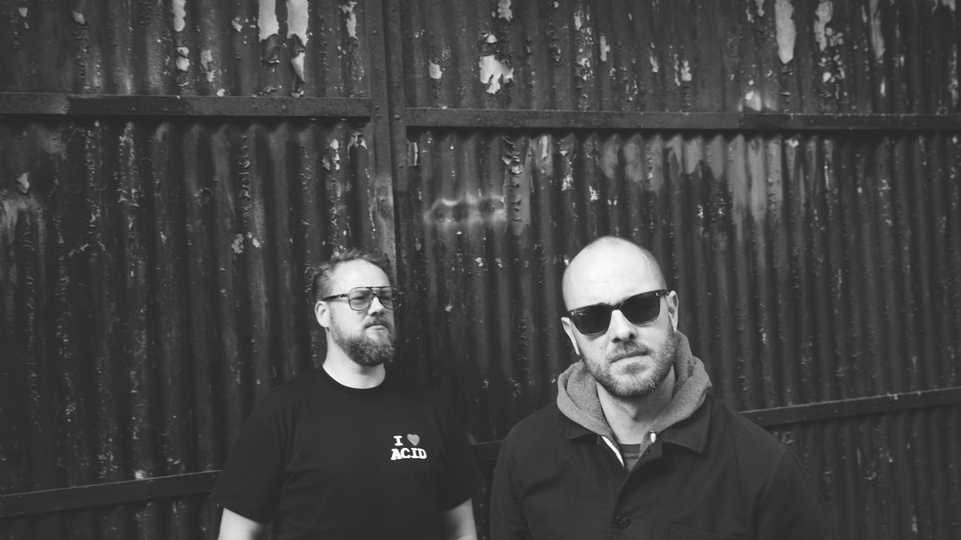
UK clubs are open, but promoters face more challenges than ever
Putting on parties demands optimism even at the best of times. After an unimaginable 20 months, the limits of hope continue to be tested. Will Pritchard speaks to various club promoters in order to understand the immense challenges — some new, some enduring — that party starters across the UK continue to face, even with dancefloors reopened
Joshu Doherty has been putting on parties for nearly 15 years, but it’s never been this difficult. “The last five months,” he says, “have been harder than I can ever remember.”
Doherty, better known as one half of Posthuman and the brain behind the I Love Acid clubbing brand, is not alone in feeling this. His experience is one shared with promoters of all stripes since Covid-19 restrictions began lifting in England, Scotland, and Wales this summer (clubs in Ireland and Northern Ireland opened in autumn, though venues in the republic were forced to shut again in early December). Party throwers have faced a new set of challenges that social media highlight reels can only do so much to mask, stretching their inherent optimism to its limit as the new year comes around.
“The biggest issue is no-shows on tickets,” says Bugged Out! resident Lemmy Ashton. “Pre-Covid, about 15% of people who bought tickets wouldn’t show up. Now it’s ballooning massively.” According to promoters, bookers, and venue managers DJ Mag speaks with, average no-show figures now hover around 30 to 40%. For a sold-out 1000-capacity venue, that’s a difference of hundreds of people. In North London, The Cause has seen no-shows climb as high as 75 to 80%, resulting in just a handful of people wandering the venue’s labyrinthine expanses.
There are myriad reasons for these drop-outs. Some people don’t want to risk catching the virus in a club before visiting family or heading off on holiday; others are forced to isolate after a housemate or close contact tests positive; rescheduled shows, meanwhile, have been crammed into smaller and smaller windows, making calendar clashes inevitable. Stuart Glen and Eugene Wild, proprietors at The Cause, which will close for good at the end of 2021, suggest that lots of people booked tickets so far in advance — a flurry of purchases followed the government’s roadmap announcement in February 2021 — that by the time the party comes around months later, plans and desires have shifted.
Very few punters are claiming refunds on their unwanted or unused tickets either. While intentions here may be pure — wanting to support promoters by letting them keep the cash — the knock-on is party planners and venues are unable to predict how many people they’ll see through the door. Sold-out-but-empty dances don’t just affect the vibe in the club, they can lump promoters with hefty unexpected fees, as they have to make up minimum bar spend shortfalls from their own pockets. Venues buy in drink stocks and arrange bar and door staff shifts according to expected attendance too. If half the crowd just doesn’t materialise, then everyone’s in the red.

All venues vary, but most weight bar takings against the hire fees they charge promoters. Use of a 1000-capacity venue might be offered for free, provided at least £15,000 is spent by partygoers at the bar. Any shortfall on that bar take has to be made up in cash, by the promoter, in lieu of a room hire fee.
If the promoter in this example estimates each attendee will spend an average of £20 at the bar, then they can feel confident that they’ll meet the minimum bar spend if they get at least 750 people through the door. Accounting for a drop-off of 15% in no-shows, the promoters will want to shift around 900 tickets to be confident they’ll get enough people in and hit their minimum spend. If no-shows are much higher than 15%, then the promoters risk losing significant sums.
It’s close to impossible to predict. “We have all these weird little formulas which we made up to calculate no-shows,” says Glen, laughing as he explains the pseudo-scientific methods he and Wild have come up with at The Cause. Ultimately, he concedes, “you just get a gut feel for it.” Hoping for the best is a familiar mode of operation for almost any promoter. But when the finest of already slim margins are being stripped to a sliver, planning for future parties gets harder. And it’s not just no-shows making club promotions more precarious than usual.
According to the Licensed Private Hire Car Association, over half of licensed minicab drivers haven’t returned to the road since the pandemic. Drivers for ride-hailing services like Uber and Bolt have departed too, after demand for rides dropped by as much as 90% during lockdowns. A lack of taxis doesn’t just dent consumer confidence — the prospect of spending the wee hours waiting on a kerb won’t fill many club-goers with excitement — it raises safety issues too, for ravers and club staff who rely on private hires to get home safely when public transport isn’t an option.
In cities where university students make up the bulk of clubbers, attracting new audiences is also proving tough. The pandemic years have disrupted the cultural ebb and flow of clubland in these places. Typically, says Steffi Allatt, who’s been running Manchester techno night Meat Free for close to 10 years, most students spend their first year partying in commercial clubs before dipping into a city’s underground scenes, as they get to know their new home better.
Lockdown orders and caution among many students have stunted this progression. Good news for the nation’s sticky-floored WKD outlets, less so for more music-focused spaces. While Allatt believes Manchester, with its close-knit local clubbing community, has remained largely immune to this unusual fluctuation in student attendees, she’s noticed nights in places like Sheffield, Leeds, and Liverpool struggling.

"Venues want to hike up our hire fees to cover additional security because they think there’s going to be trouble. But we’ve got case studies with other venues where there’s never been a fight. There’s never been any issues” - Kara Harris, Recess
Some issues are less novel. Black promoters have continued to face discrimination, despite the online overtures from venues in the capital and elsewhere following the murder of George Floyd and the rallying Black Lives Matter movement. “Old attitudes remain,” says Kara Harris, who worked with London-based party Recess over the course of 2021. The party attracts a young, predominantly Black crowd.
“Security is one of the biggest ones. Venues want to hike up our hire fees to cover additional security because they think there’s going to be trouble. But we’ve got case studies with other venues where there’s never been a fight. There’s never been any issues.” Recess has been running for five years now, and is a well-established club brand with a dedicated crowd. Despite this, Harris says, “some venues will still treat us differently.” She worries that other young Black people will be put off starting their own parties after encountering discriminatory attitudes.
Lack of decent club spaces is an eternal concern, and the dearth of venues has been especially felt in satellite towns. “You need these places to feel like there’s life in your city,” says Jim AL, a former freeparty head who now runs nights with the Nexus crew in Chester, a city of around 80,000 inhabitants. Nexus has remained on a self-imposed hiatus since clubs reopened, due in large part to the lack of suitable venues in the city following Covid closures, disputes with previous premises, and a lingering caution from club managers. Jim AL says he’s seen at least four or five smaller crews in Chester forced to relocate to bigger nearby cities. “We might just go back to throwing parties in the woods again,” he says, with only half a laugh.
More broadly, and the subject of plenty of “told-you-so” grumbling among the more than dozen promoters DJ Mag speaks with, the pre-Covid status quo of who gets booked and for how much has largely endured. “Because of everything that had happened, it seemed like a good chance to go back to supporting local scenes and local crews,” says Doherty, of I Love Acid, “but instead it kind of went completely in the other direction, and we went even deeper into this kind of headliner culture — just the same big names playing everywhere.”

“The promoters that still have this idea that you just book people who are on the hype trajectory to bring people in, these are the folk who are seriously struggling right now”
Doherty and others worry about what happens when the name on a flyer takes precedence over the vibe of the party. But there are signs that pre-Covid methods are no longer working as they once did, and that a return to more localised, community-oriented efforts could be the way forward.
“The promoters that still have this idea that you just book people who are on the hype trajectory to bring people in, these are the folk who are seriously struggling right now,” says one club booker working in Scotland, who says they’ve seen promoters plugging 3-for-2 deals and other desperate ploys to shift tickets for big-name bookings. Meanwhile, community-focused promoters, who emphasise local talents and making spaces “more inclusive for folk”, are seeing attendance grow.
One such promoter, over the border in Newcastle, is Geoff Kirkwood. Better known as Man Power, Kirkwood entered lockdown on the cusp of calling time on his decade-long career in music. “I was close to throwing in the towel to tell the truth,” he says, “because I felt that the clubbing scene in general had turned into something that I wasn’t necessarily subscribing to. It's very corporate-influenced, mass entertainment rather than underground culture, which was never really the reason why I got into it.”
Kirkwood had moved back to the north-east of England, where he grew up, after spending a few years living in Berlin and Mexico. When a friend asked if he wanted to run a night at Newcastle club space World Headquarters, he accepted cautiously. “My conditions were that I didn’t want to do sporadic and monthly parties, what I actually wanted to do was a weekly party. And what I identified as being necessary, in general, wasn’t to create these parties where there’s an arms race for who books the biggest, most recognised name,” he says, “instead, it was to be about the community who actually went to the club every weekend.”
The resulting night was a weekly party called Us & Them. There were no headliners, just “guests”. Names on flyers shared the same font size. Cameras were banned. It would be all walk-ups, no advance tickets. A membership service offered entry for a fiver each week — and if you were skint, you could drop the organisers a message and they’d sort you out. “They were just old ideas that people had forgotten,” says Kirkwood. Over the weeks, the crowd swelled steadily. Faces became familiar, and Kirkwood had his faith restored.

Nods to the old school and a localised spirit haven’t been unique to Newcastle. In Manchester, Meat Free’s Steffi Allatt says she’s “much less likely to stand any shit from agents anymore” — and that parties have improved as a result. Petty gripes and diva behaviour, she says, are a distance away from the kind of solidarity that a sustainable, healthy return for clubbing requires.
“For me, it’s brilliant to get paid for DJing — and, you know, you should get paid fairly — but if it’s done to the detriment of having a great party, and you’re missing out on that just because you don’t think the fee’s right, then you need to get your head checked.” The promoter working in Scotland says that in a toss up between buying pricey fizz for an out-of-towner’s rider or booking a couple more local DJs to play, it’s obvious where the real value lies.
“The industry could learn from being a little more community oriented,” agrees Harris. The continued success of Recess, which sold out a three-room Fabric takeover in November on the strength of its resident DJs, supports the validity of this position. “Even the people that buy tickets, they’re building something that, they probably don’t even really realise, is bigger than themselves.”
More formal organising efforts are taking shape along these lines in the capital. Freddie Sugden, who puts on nights in cities including London, Manchester, and Bristol under the Loose Lips banner, has helped to establish the London Promoters Society, or LPS.
The group, which has a mailing list of around 700 members, hosts monthly meet-ups featuring panel discussions, Q&As, and presentations. (During lockdown, these were hosted weekly online.) It’s a space to share best practice and common resources on everything from health and safety to cost-benefit ratios. “The point of it really is to create conversations between scenes and sounds. It’s really easy for promoters to just live in their own bubble, because it’s such an absorbing thing sometimes,” says Sugden. “For up-and-coming promoters, those sorts of words of advice and resources are absolutely vital. We’re just trying to create a common space for that.”
The Night Time Industries Association is involved in the LPS too, and aims to replicate the Society’s work in cities all over the UK, along with a recently-announced push to install Night Time Economy advisors in more places.
This kind of collective action and support could prove more vital than ever in the coming months, as club scenes emerge from another tough winter. The Omicron variant, and the wave of new lockdowns it’s spurred across Europe, has been a reminder that the uncertainty and anxiety that’s dominated promoters’ lives since March 2020 isn’t going away any time soon. Most remain — for survival and sanity as much as anything else — optimistic, seeing 2022 as a chance for a clean break. Others, particularly those operating in smaller towns and cities, see the current situation stretching out over years rather than months.
Uncertainty is the only constant. So guts are being trusted again. “The underground does tend to always burst out again in some way or another,” says Doherty, his optimism daring to creep through momentarily. “I just don’t know when.”

